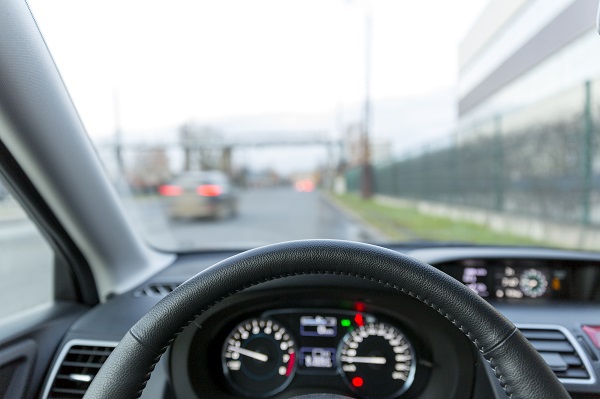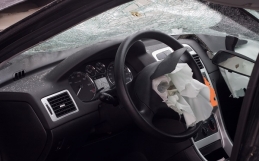As crashes involving self-driving vehicles earn news coverage, it’s not surprising that automakers are already taking self-protective action with a view to their potential liability in such crashes. California consumers recently had a narrow escape when the California Department of Motor Vehicles rejected new regulations proposed by General Motors. The case may be a warning of the shape of things to come.
GM’a self-driving cars were involved in 13 accidents in California this year. Paul Hemmersbaugh, GM’s chief counsel for the division overseeing self-driving cars and former chief counsel for the National Highway Traffic Safety Administration (NHTSA) proposed a regulation to the California DMV that would have helped self-driving automakers avoid paying for accidents and other trouble, reported the Insurance Journal.
The GM-proposed DMV draft regulations would have protected the automakers from lawsuits in cases where the vehicle owner/operator has not maintained the self-driving vehicle “according to manufacturer specifications.” California is the biggest testing ground for self-driving cars, and is likely to be a model for how other states might update their regulations in the future.
The proposal raised concerns that it would put an unfair burden on vehicle owners by offering a loophole for the auto industry to avoid responsibility for accidents, injuries and deaths caused by defective autonomous vehicles. Armand Feliciano, VP of the Association of California Insurance Companies, asked, “When is the last time you followed everything that is listed in your car manual?” Consumer groups raised objections to the draft regulations. Consumer Watchdog pointed out Hemmersbaugh’s connections, and wrote to the DMV that the proposed rule “is the result of the ongoing and troubling federal revolving door between the National Highway Traffic Safety Administration and the auto industry,”
The trial lawyers’ association Consumer Attorneys of California warned the DMV that the language in the proposed regulations created “a dangerous `moral hazard’ where manufacturers are encouraged to create unreasonable or impossible maintenance specifications to shift the burden onto (self-driving car) consumers or the public at large for technological failures.”
Richard Manger, principal of Manger Law Firm, has extensive experience in litigation and settlements, with a focus on personal injury and workers’ compensation law. We are proud of the strong relationships of loyalty and trust we develop with our clients. We go above and beyond to achieve the best possible outcome in your case. You can contact Richard Manger via email at ram@mangerlaw.com, or by calling (336) 882-2000.






